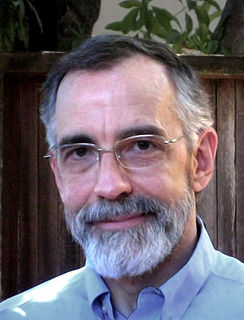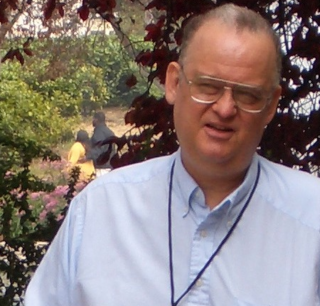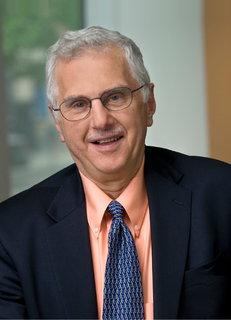A Quote by K. Eric Drexler
Protein engineering is a technology of molecular machines - of molecular machines that are part of replicators - and so it comes from an area that already raises some of the issues that nanotechnology will raise.
Quote Topics
Related Quotes
If you search the scientific literature on evolution, and if you focus your search on the question of how molecular machines - the basis of life - developed, you find an eerie and complete silence. The complexity of life's foundation has paralyzed science's attempt to account for it; molecular machines raise an as-yet-impenetrable barrier to Darwinism's universal reach.
We have always underestimated the cell...The entire cell can be viewed as a factory that contains an elaborate network of interlocking assembly lines, each of which is composed of a set of large protein machines...Why do we call [them] machines? Precisely because, like machines invented by humans to deal efficiently with the macroscopic world, these protein assemblies contain highly coordinated moving parts.
By the time of the Singularity, there won't be a distinction between humans and technology. This is not because humans will have become what we think of as machines today, but rather machines will have progressed to be like humans and beyond. Technology will be the metaphorical opposable thumb that enables our next step in evolution.
































